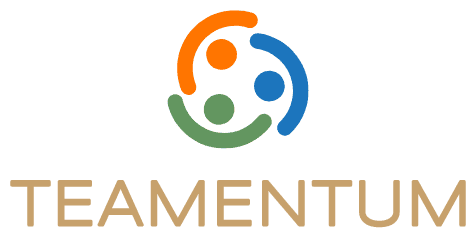Senior leadership roles are difficult. They demand knowledge, strategic thinking, and emotional resilience, often pushing individuals to their limits. Balancing these demands with self-care and emotional well-being is crucial for sustaining long-term success and fulfilment in both professional and personal life.
Leaders frequently face the negative impacts of fatigue and burnout. These effects include impaired decision-making, physical health issues, and strained personal relationships, each of which can hinder effectiveness and well-being. Below are some common impacts of burnout in leadership:
– Decision-Making Paralysis: Constant pressure can lead to an inability to make decisions effectively, causing delays and further stress.
– Emotional Exhaustion: Chronic stress can drain emotional resources, leading to a lack of empathy and difficulties in maintaining relationships, both at work and in personal life.
– Decreased Cognitive Function: Prolonged stress can impair memory, attention, and problem-solving abilities, making it harder to perform at a high level.
– Physical Health Issues: Stress can lead to physical ailments such as high blood pressure, heart disease, digestive problems, and weakened immune function.
– Sleep Disorders: Anxiety and stress can disrupt sleep patterns, leading to insomnia or poor-quality sleep, which exacerbates other health issues and impairs functioning.
– Reduced Job Satisfaction: Over time, the constant pressure and lack of fulfilment can lead to disengagement from work, reducing overall job satisfaction.
– Impaired Work-Life Balance: The demands of the role can blur boundaries between work and personal life, leading to neglect of personal relationships and self-care.
– Depression and Anxiety: Persistent stress without adequate relief can lead to mental health disorders like depression and anxiety, severely impacting quality of life.
To minimize burnout and build resilience, leaders can adopt strategies that promote mental and physical well-being, supporting sustained high performance and fulfilment. Below are some essential practices for resilience in leadership:
– Prioritize Self-Care: Schedule regular time for exercise, hobbies, relaxation, and adequate sleep. These activities help recharge energy levels and reduce stress.
– Set Boundaries: Clearly define working hours and stick to them as much as possible. Learn to say no to tasks or meetings that aren’t essential to avoid overcommitment.
– Reflect and Reconnect with Purpose: Regularly reflect on your achievements and reconnect with the core values and purpose that drew you to your role. This can reignite passion and motivation.
– Delegate Effectively: Trust your team by delegating tasks. This not only lightens your workload but also empowers your team members, fostering their growth and engagement.
– Develop Emotional Resilience: Strengthen your ability to cope with stress by practicing resilience techniques such as reframing challenges as opportunities, focusing on what you can control, and maintaining a positive outlook.
– Focus on What Gives You Joy: Identify aspects of your work that you are passionate about and ensure you dedicate time to these areas. This can help counterbalance stress with a sense of purpose and satisfaction.
– Engage in Self-Reflection: Regularly take time to reflect on your responses and identify triggers. Understanding what triggers certain emotions can help you manage them more effectively.
– Develop a Work-Life Harmony: Strive for a balance that allows you to fulfil your professional responsibilities while also engaging in activities that bring you joy and fulfilment outside of work.
– Create Emotional Boundaries: Learn to separate your work emotions from your personal life. When leaving the office or finishing work for the day, consciously shift your mindset to focus on personal and family life.
– Maintain Social Connections: Invest time in relationships outside of work. Strong personal connections are vital for emotional support and a well-rounded life.
– Regularly Disconnect: Take regular breaks from work, including vacations, to reset and recharge emotionally. Fully disconnecting from work and items related to work during these times can prevent emotional exhaustion.
These practices can help sustain well-being, strengthen resilience, and support a fulfilling leadership journey. Prioritizing self-care and mindful boundaries benefits both personal health and professional effectiveness, allowing leaders to thrive in the long term.

